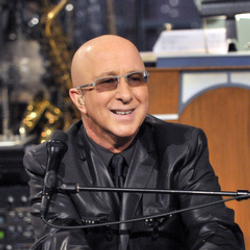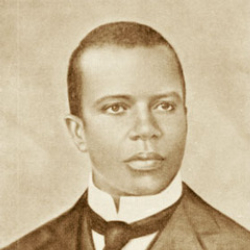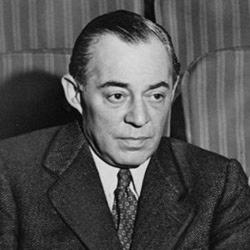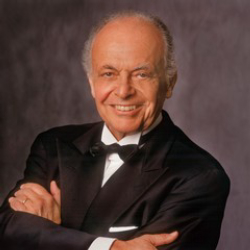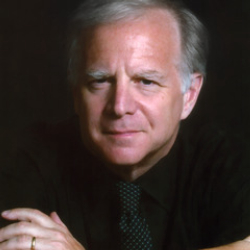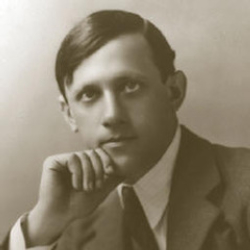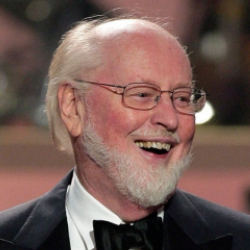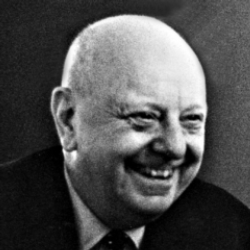Wynton Marsalis Quotations
Wynton Marsalis Quotes about:
-
-
-
-
Others Opinions Quotes
I never minded giving my opinions. They are just opinions, and I had studied music and I had strong feelings. I was happy for my opinions to join all the other opinions. But you have to be prepared for what comes back, especially if you don't agree with the dominant mythology.
-
-
-
Swings Quotes
The main three components are the blues, improvisation - which is some kind of element that people are trying to make it up - and swing, which means even though they're making up music, they're trying to make it up together. It feels great, like you're having a great conversation with somebody.
-
-
-
-
-
-
Self Quotes
Jazz music is America's past and its potential, summed up and sanctified and accessible to anybody who learns to listen to, feel, and understand it. The music can connect us to our earlier selves and to our better selves-to-come. It can remind us of where we fit on the time line of human achievement, an ultimate value of art.
-
Song Quotes
Everything comes out in blues music: joy, pain, struggle. Blues is affirmation with absolute elegance. It's about a man and a woman. So the pain and the struggle in the blues is that universal pain that comes from having your heart broken. Most blues songs are not about social statements.
-
-
-
-
-
-
-
-
-
Jobs Quotes
I feel that for years of teaching in the country and reading criticism in books, I feel like the things most needed in our culture are the understanding of the meanings of our music. We haven't done that good of job teaching our kids what our music means or how we developed our taste in music that reminds us and teaches us who we are.
-
-
-
-
Swings Quotes
Swing is extreme coordination. It's a maintaining balance, equilibrium. It's about executing very difficult rhythms with a panache and a feeling in the context of very strict time. So, everything about the swing is about some guideline and some grid and the elegant way that you negotiate your way through that grid.
-
Writing Quotes
I'm not a person who writes really abstract things with oblique references. I look at abstraction like I look at condiments. Give me some Tabasco sauce, some ketchup, some mayonnaise. I love all of that. Put it on a trumpet. I've just got to have the ketchup and Tabasco sauce. That's my attitude about musical philosophy.
-
-
-
-
-
-
-
-
-
-
-
-
-
-
-
-
-
-
-
-
-
-
-
-
-
-
-
-
-
-
-
-
-
-
-
-
-
Cutting Quotes
Jazz celebrates older generations and not just the youth movement. When you "sell" only to people of a certain age, you get cut off from the main body of experience. The power of couple dancing and courtship, it's elegant, and you wouldn't realize America was once a nation of dancers and singers today. People of all races could dance and sing.
-
-
-
Emotional Quotes
What I've learned how to do as I've gotten older is to take all of the information that I have, and push it aside, and try to distill each song into an emotional theme. The hardest thing that I've ever had to learn how to do in playing music is use the sound of my instrument to create an emotional effect.
-
-
-
-
-
-
-
-
-
-
-
-
-
-
-
-
-
Age Quotes
I grew up in the South, and our way of dealing with each other was teasing, ribbing, making fun and scrapping in the street. Criticism doesn't bother me so much. It actually made me, when I was younger, more aggressive. But you get into middle age, and you lose interest in that stuff. It's not serious.
-
-
-
-
-
-
-
-
-
Children Quotes
The people are not coming because of me. They didn't come before me. It's because of a lack of education and understanding, so it makes me more motivated. It's like my mother said about having an artistic child - she learned more from him and he gets more attention and more of the love, not less.
-
-
Art Quotes
For me as a person who's in the arts and as someone who understands the magnitude of our contributions and the price that was paid to contribute to that, that we just have not gotten that together. I will do all that I can to get in front of our kids, to try to teach them, but at a certain point the people have to want it and come towards it.
-
-
-
-



